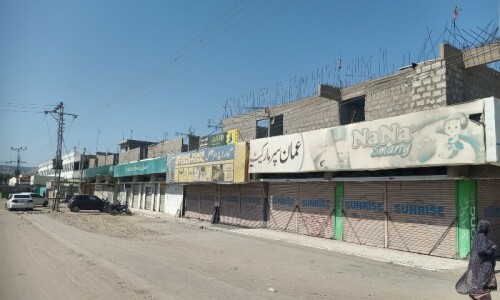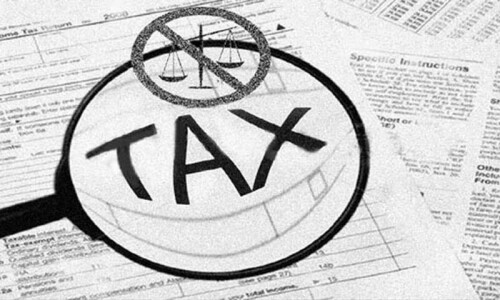
PAKISTAN’S economic woes might have lessened in the wake of a fresh arrangement with the International Monetary Fund (IMF), but our financial crisis is not over yet. And, it will not be over till we start focussing on exports.
The export sector got a rude shock in the 2023-24 budget, for the economic managers did not allocate any funds for the Regional Competitive Energy Tariff (RCET). Unfortunately, the RCET facility has been withdrawn from five export-oriented sectors with effect from March 1. This means the government has withdrawn the concessionary tariff regime of electricity at Rs19.99 per unit and now the export-oriented industrial units are paying Rs42 per unit. This, in turn, means the government has virtually done away with the RCET regime, which would make Pakistan’s exports highly uncompetitive in the international market compared to the products of India, Bangladesh and Vietnam.
If we take a look at the tariff of our regionally competitive countries, India has eight cents per kWh, Bangladesh 10 cents and Vietnam eight cents compared to Pakistan’s 16 cents per kWh. Obviously, the competitors are producing their exportable goods at a lower cost, and are in a position to attract international buyers. Was this simple fact beyond the compre-hension of the economic managers, or were they simply not interested in understanding it?
The government should take concrete steps to arrest the declining trend of the country’s exports and should provide the export sector RCET throughout Pakistan without any discrimination. In case this is not done, we should be ready to face disastrous consequences for the national economy.
Our exports are already in dire straits, with textile exports having crashed by 30 per cent in May, while Bangladesh, Vietnam and Sri Lanka enhanced their exports by 20-30pc. The economic managers should take bold and positive measures to arrest any further drop in exports immediately.
Continuing with the RCET would support an increase in exports to $50 billion over the next five years, and will also attract billions of dollars in investments that will together create a boom in economic activities, generating employment and increasing tax collection.
The withdrawal of the RCET would worsen the country’s balance of payment crisis, resulting in sharply slashed exports. Additionally, it would disrupt the industry’s investment plans, further deepening the crisis of unemployment, shrinking economic activities, and affecting the collection of taxes.
We should trust our own resources rather than the loans, and the only solution to Pakistan’s problems is by way of increasing our exports.
Yahqub Lodhi
Karachi
Published in Dawn, August 4th, 2023













































